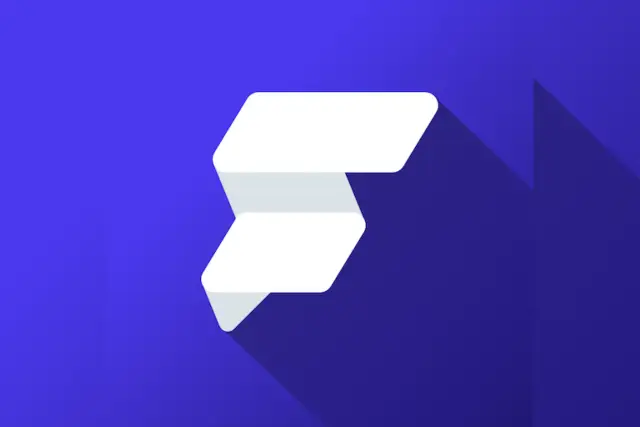FlutterFlow Raises $25.5M in Series A Funding for its Low-Code Mobile App Development Platform
FlutterFlow, a low-code mobile app development platform, has secured $25.5 million in a Series A round.

Leading the charge in low-code development for mobile applications, FlutterFlow announced a successful Series A funding round, netting an impressive $25.5 million. Funding titans GV (previously Google Ventures) and Gradient Ventures, Google’s venture division specializing in AI, joined other prominent figures in the investment community like Xoogler Ventures and Y Combinator in backing FlutterFlow. With this recent funding round, FlutterFlow's total raised capital has sky-rocketed to $30 million, as revealed by a reliable source.
With an estimated market valuation nearing $170 million, this recent financial influx positions FlutterFlow to significantly ramp up its enterprise services alongside key upgrades in AI investments, as expressed by CEO and co-founder Abel Mengistu.
Mengistu emphasized the essential shift many users have taken towards mobile devices, marking a staggering increase over the past decade. Yet, the community is still facing immense challenges in deriving top-tier digital experiences. FlutterFlow’s primary goal has always been to bridge this gap by simplifying mobile app development.
Mengistu’s collaboration with Alex Greaves, FlutterFlow's co-founder, dates back to their time working together on Google's Maps team. Their friendship has since evolved into a tech entrepreneurial journey. Strikingly, FlutterFlow emerged from the failure of their first startup, a culinary recommendation application, which eventually succumbed to the devastating effects of the pandemic.
Based on their firsthand startup experience, they identified the need for a hassle-free way to build apps, recognizing that too much time was wasted dealing with backend complexities when creating simple applications. This realization sparked the birth of FlutterFlow, stirring their ambitions to simplify and expedite the app creation process.
While the low-code app development market is far from an open field, with competitors like Appsmith and Builder.ai already in play, FlutterFlow seems undeterred, banking heavily on its “open” development approach. Customers can deploy applications independently from the FlutterFlow platform, with a focus on centralized governance throughout project development stages. Furthermore, FlutterFlow has embraced emerging AI trends, notably launching an AI-driven code assistant capable of generating code based on a given function requirement.
Expounding on the virtues of an open development method, Mengistu noted that, “FlutterFlow allows organizations to establish their core building blocks such as design systems and components. This framework can then be utilized across different projects, mitigating the need for vendor reliance.” He believes such a strategy enhances deliverable value for their customers in the long run.
No-code and low-code platforms continue to evolve, offering viable options for developing complex applications relatively easily. Within this framework, platforms like AppMaster and FlutterFlow are benchmarking simplified and efficient app-building processes, pioneering an era where top-grade digital experiences become the norm, rather than the exception.





